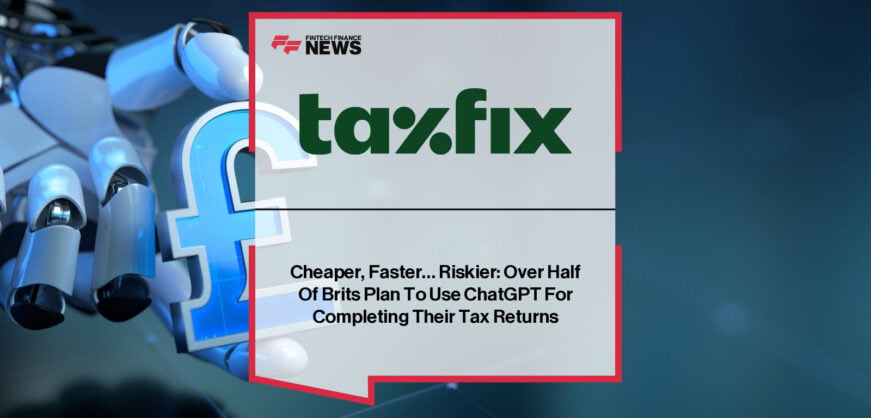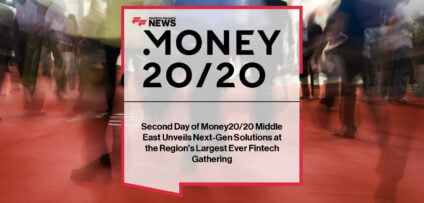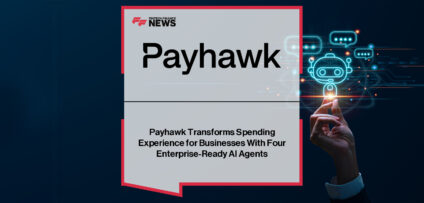Breaking News

Trading Firms Must Embrace New Testing Technologies For Electronic And Algorithmic Trading Ahead of MiFID II
Tighter regulations in MiFID II mean all trading firms using any form of trading algorithm (which includes most forms of electronic trading) need to invest in a new way of testing their algorithms or face ceasing trading, with senior management being held responsible for any lack of testing that results in their trading causing or contributing to market disorder.
With the advent of MiFID II, stringent algorithm testing requirements are to be placed on both buy and sell side investment firms with senior management carrying explicit responsibility for compliance. Specialist software quality services vendor SQS and proven financial services specialist, Traderserve are urging trading venues and investment firms to ensure they have sufficient testing methodologies in place, to fully meet the new algorithm testing requirements and avoid serious repercussions. The definition of algorithm is very broad and captures most forms of electronic trading and so this is an issue that needs to be addressed by all investment firms.
Furthermore, where algorithms cross the thin line between causing market disorder and committing market manipulation, hefty financial penalties may be applied from July 2016 under the Market Abuse Regulation (MAR) of up to €5 million on individuals and €15 million or 15% of turnover on firms. In addition, criminal sanctions of up to 4-year imprisonment will apply under CSMAD (or its UK equivalent).
The Markets in Financial Instruments Directive and Regulation (MiFID II & MiFIR II) are the EU legislation passed into law in June 2014 with the final draft of the Level 2 Regulatory Technical Standards published on 28 September 2015 by ESMA (European Securities & markets Authority). They regulate firms providing investment services or performing investment activities linked to financial instruments (including shares, bonds, units in collective investment schemes, derivatives on most markets including commodities, and many other instruments), and the venues where those instruments are traded. With a current deadline for compliance by January 3 2017, MiFID II introduces closer regulation and monitoring of algorithmic trading, imposing new and detailed requirements on algorithmic traders and the trading venues on which they trade.
A significant element of the directive was born out of the legislators becoming increasingly aware that algorithmic trading has the potential to cause rapid and significant market distortion. Specifically, there are concerns around the contribution of algorithmic trading to recent high profile flash crashes and for the ongoing potential for such events to be repeated without sufficient regulation to supervise the deployment of these trading algorithms.
“With MiFID II, those engaging in algorithmic trading will be required to have in place effective systems to ensure trading systems are tested for stability under stressed market conditions and when under pressure from other antagonistic algorithms also operating in the market to ensure that they do not function in a way that causes or contributes to a disorderly market,” says Eddie Thorn, Director at SQS. “This represents a completely new approach to the way that such firms have previously tested their algorithms and in the types of test environments required in order to carry out this testing”
Under MiFID II, trading firms are required to certify and evidence that all algorithms deployed have been properly tested to ensure the stability of these algorithms in order to prevent disorderly markets and flash crashes. This testing needs to include testing the behaviour of the algorithms in a realistic non-live environment including testing under stressed market conditions. Until now, algorithmic traders and exchanges have found it difficult to reproduce real market conditions in a non-live environment, where the behaviour of the algorithm can be monitored against normal and stressed market conditions.
SQS is now working in partnership with Traderserve to provide a managed testing service, combining Traderserve’s proven and sophisticated test environment AlgoGuard which emulates real world market micro structures, coupled with the unparalleled testing consultancy expertise of SQS.
“The testing service we and SQS provide ideally suits most firms who want to test their algorithms without ever revealing their IP. AlgoGuard emulates a live, realistic market which responds dynamically to the algorithm being tested. Test plans suited to the client’s algorithms manipulate market conditions to introduce both stressed and disorderly trading using antagonist algorithms. We then monitor the performance of the tested algorithm against agreed pass/fail levels of market disorder provocation. SQS produce full documentation of the testing engagement to help the client to meet efficaciously their regulatory responsibilities” adds Nicholas Idelson, Director, Traderserve.
“Only by properly testing within a realistic dynamic orderbook and environment, such as AlgoGuard offered by SQS and Traderserve, which can pass or fail algorithms based upon their contribution to market disorder, can algorithmic traders be sure of becoming compliant with MiFID II’s new non-live testing requirements ahead of the deadline. SQS’s comprehensive test reporting gives the evidence firms will need to demonstrate to their trading venues and regulators that they have complied with the new regulations, as well as independent testing to give confidence to their senior management who must stand behind their algorithm certification. The causes of market disorder are attracting close attention from trading venues and regulators,” concludes Thorn.
About SQS Software Quality Systems
SQS is the world’s leading specialist in software quality. This position stems from over 30 years of successful consultancy operations. SQS consultants provide solutions for all aspects of quality throughout the whole software product lifecycle driven by a standardised methodology, offshore automation processes and deep domain knowledge in various industries. Headquartered in Cologne, Germany, the company now employs approximately 4,600 staff. SQS has offices in Germany, the UK, Australia, Egypt, Finland, France, India, Ireland, Italy, Malaysia, the Netherlands, Norway, Austria, Singapore, Sweden, Switzerland, South Africa, the UAE and the US. In addition, SQS maintains a minority stake in a company in Portugal. In 2014, SQS has generated revenues of €268.5million.
- Cheaper, Faster… Riskier: Over Half Of Brits Plan To Use ChatGPT For Completing Their Tax Returns Read more
- WorkFusion Raises $45 Million in Funding to Fuel Growth for Agentic AI for Financial Crime Compliance Read more
- AI-Powered E-commerce, Stablecoins and Local APMs: Emerging Trends Headline EBANX’s Payments Summit in Mexico Read more
- Second Day of Money20/20 Middle East Unveils Next-Gen Solutions at the Region’s Largest Ever Fintech Gathering Read more
- United Gulf Financial Services Joins The Hashgraph Association and Exponential Science Foundation Adding $1M to Hedera Africa Hackathon Pool Prize Read more









